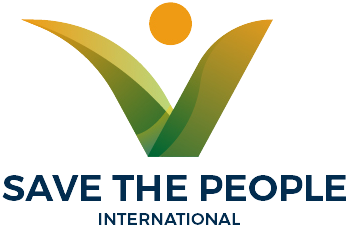Long-Term Impact
In the long term, the health of mothers and children will be significantly better. Overall, community awareness and knowledge will be advanced (through Computer, Maths & English). The village’s overall health, nutrition, sanitation, and livelihood will all be improved. Government programmes and services will connect village-level committees. STP’s goal is to reach 2000 individuals who will be direct beneficiaries of the program by 2025.



